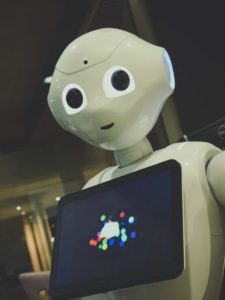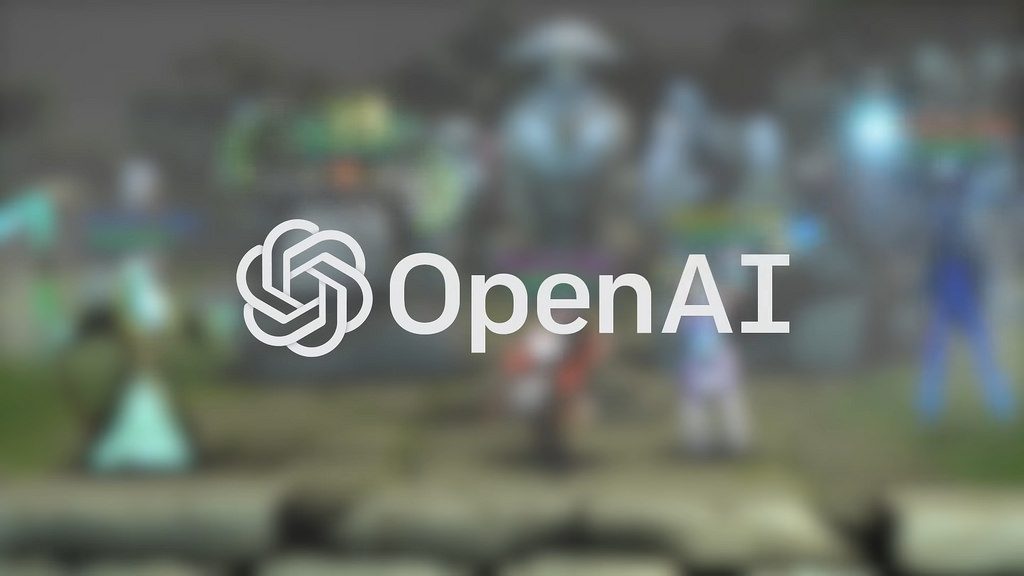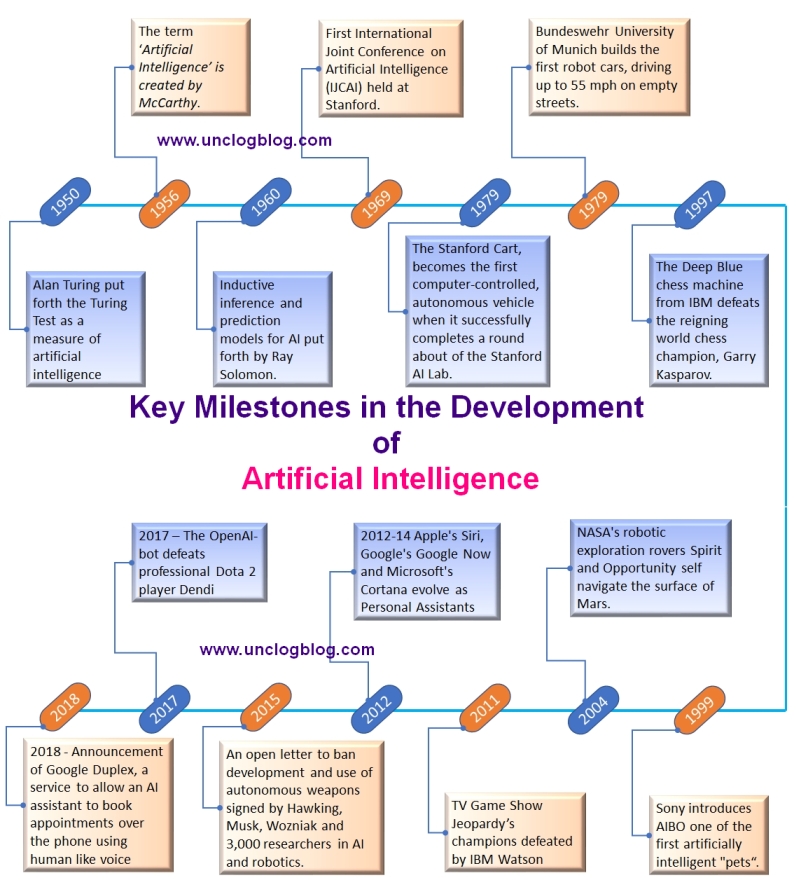Table of Contents
The What, Why, Where, When, Who & How of AI systems
What is Artificial Intelligence?

Artificial Intelligence or AI is a branch of computer engineering which aims at endowing machines with an intelligence (by writing excellent software) comparable to human intelligence. This intelligence can then be harnessed to do intelligent tasks that are currently the domain of humans only.
Why do we need Artificial Intelligence?
Any job that fits the following criteria in part or fully becomes a candidate that can greatly benefit from machine intelligence or artificial intelligence (AI for short). The job is …
- … time-consuming and may stretch across multiple human lifespans
- … hazardous and life-threatening.
- …monotonous for most of the part but occasionally requires an intelligent decision to be made.
Where do we need Artificial Intelligence?
Artificial intelligence is a much-desired trait in

- Bomb defusing,
- Mining,
- Deep Sea exploration,
- Deep Space exploration
Manufacturing Industries currently do have robots that take care of repetitive and monotonous tasks without the need for rest. However, they too will benefit from AI, but the need for AI is not an urgent requirement there. I have listed four of the areas above based on the criteria we set earlier
When will Artificial Intelligence get ready?
Artificial Intelligence is being built in bits and pieces. Limited Artificial Intelligence is already finding applications in creating game bots that can out think humans and beat them in games like chess, Pacman, poker, Go and more. However, John McCarthy, the father of Artificial Intelligence, in the 1950s quoted, “Chess is the Drosophila* of AI” – a clear reference to how early we are in the stages of AI development.
Early stages of AI development
During the initial years, ‘brute force method‘ was the way machines were trained. A chess-playing computer basic moves. Using this basic knowledge, the computer would calculate 20-100 moves ahead and analyse its position. A machine usually won as it could use its unlimited memory and processing power to out-think humans.
AI efforts in the gaming arena in the last 5 years

However, recent AI efforts focus on training the computer to teach itself the game. The OpenAI experiment funded by Elon Musk, the entrepreneur of SpaceX fame and a few other investors ventured to create an AI that could beat players in Dota 2, a multiplayer online battle arena video game developed and published by Valve Corporation in 2013. This game involves strategy and action and can flummox any modern AI with the sheer number of variations. With just 2 weeks of training, the OpenAI system beat the world’s top players in Dota 2 in August 2017. This made a lot of AI researchers sit up and take notice.
Gaming is one arena where AI experiments are going on at a feverish pace. The next stage is for AI systems to start designing games for humans to play.
The other area where AI systems are making big strides is the Virtual Assistants – the likes of Alexa, OK Google, Siri and Cortana.
AI to take over the world – coming soon?
However, AI systems are a far cry from world domination which the doomsayers love predicting. Not a day passes without a media report on how AI might be the unbecoming of the human race.

Who is spearheading the efforts to develop world-class AI systems?
While Amazon, Google, Microsoft, Intel, IBM, Facebook and Apple are
How will AI systems pan out?
Artificial Intelligence systems are being developed to solve specific problems and not with the end vision of taking over the world. Yet another reason why I can say confidently that we are decades away from doomsday scenarios.
Today’s developmental efforts in the AI field are chiefly geared towards
- Creating game bots that are unassailable and can create games for us.
- Fabricating virtual assistants that are ready to serve us at our beck and call
- Constructing voice bots that can analyze your voice commands for explicit requests while also gauging your moods and health status.
- Building top of the line language translators. These AI-powered translators will capture the mood, the semantics and the context in which a line was uttered and then translate it to another language accordingly.
- Piecing together AI systems that can unravel to us how other AI systems learn. AI systems like OpenAI, AlphaGo are extraordinary. They play millions of games with themselves, once taught the fundamental rules of a game. This self-play enables them to come to certain extraordinary deductions of how they should play to always win. What befuddles us is the path that led them to these deductions. AI researchers often refer to this ‘learning path’ a black box. Man being the curious being can’t stand the fact that we do not understand the working of our own creation. Hence this line of AI development.


1 thought on “The fundamentals of Artificial Intelligence”